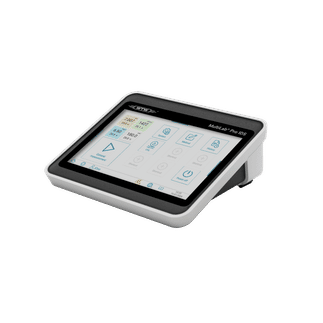To use all functions of this page, please activate cookies in your browser.
my.chemeurope.com
With an accout for my.chemeurope.com you can always see everything at a glance – and you can configure your own website and individual newsletter.
- My watch list
- My saved searches
- My saved topics
- My newsletter
Antidepressants in JapanThe number of new psychiatric drugs, and especially antidepressants on the market in Japan, has significantly lagged behind Western countries. [1] Although large epidemiological studies have not been done in Japan, It is thought that up to 6 million Japanese suffer from depression, with a lifetime prevalence of 13 to 17.3%, which is similar to that seen in Western countries.[2] Product highlightWhile the market has seen the entry of the selective serotonin reuptake inhibitors (SSRIs) fluvoxamine (Luvox-Fujisawa, Depromel-Meiji Seika), paroxetine (Paxil-GSK), sertraline (Zoloft-Pfizer), and the SNRI milnacipran (Toledomin-Asahi Kasei-Janssen), other block-buster antidepressants including citalopram/escitalopram (Cipramil/Cipralex-Lundbeck, Celexa/Lexapro-Forest), fluoxetine (Prozac- Eli Lilly), venlafaxine (Effexor-Wyeth), mirtazapine (Remeron-Organon), and others are either still in development in Japan or have basically "given-up" on gaining entry into the Japanese market. [3] Although none of the antidepressants on the market in Japan have been studied using placebo controls, this had begun to change since the beginning of the 2000s. Prior clinical developments have pitted the new drug against a drug already on the market using a non-inferiority method of comparison, however, this method is known to be subject to placebo effects, e.g. depressive symptoms lifting due to effects other than pharmacologic drug effect (see reference 2). There are a number of other hints that Japan remains behind the majority of Western countries in the treatment of depression and other mood disorders. Sertraline (Pfizer) received approval in April of 2006 after over 15 years of clinical trial development in Japan.[4] The Japan algorithm for mood disorders[5] does not include many of the post-tricyclic antidepressants used as first-line antidepressants in Western countries for almost two decades, and recent studies are still comparing SSRIs and tricyclic antidepressants, even though tricylics are clearly 2nd or 3rd line treatments in the West. [6] On a positive note, (Organon) and Meiji Seika have filed an application for approval of mirtazapine in Japan, a drug on the market in many Western countries since 1994. [7] Citalopram (Lundbeck), an SSRI on the market since the late 1980s is not available in Japan, however escitalopram (the S-isomer Enantiomer of citalopram), approved in the early 2000s in the West is still in ongoing clinical trials in Japan [8]. There is little news, however, on the status of bupropion ( Glaxo Smith-Kline), used widely in Western countries since the early 1990s and long in clinical trials in Japan. One of the biggest barriers to antidepressants coming to the market is that the medical insurance system in Japan is national, and the authorities are keen to contain a potentially explosive market for drugs like antidepressants that could be used for persons in many types of distress (see reference 2). References
Japan National Center of Neurology and Psychiatry Tokyo Institute of Psychiatry Japan Pharmaceutical Consultants |
| This article is licensed under the GNU Free Documentation License. It uses material from the Wikipedia article "Antidepressants_in_Japan". A list of authors is available in Wikipedia. |







